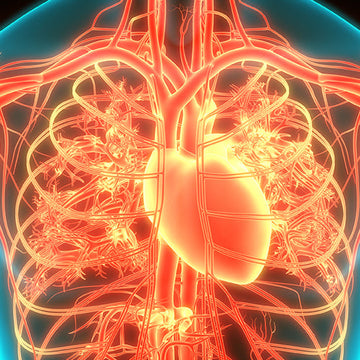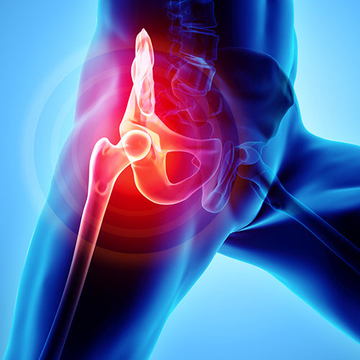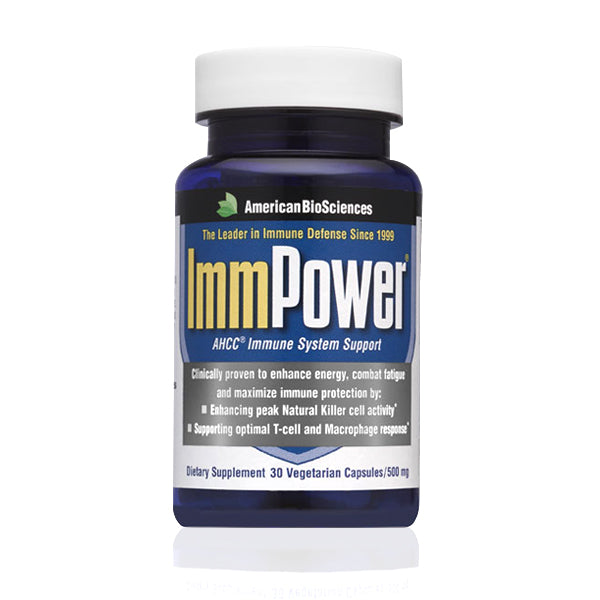In the United States, about 9%, or 28.8 million Americans, go through an eating disorder during their lifetime. Studies suggest that 20% of women with anorexia have high autism levels, and women with physical disabilities are likely to develop eating disorders.
Individuals who are preoccupied with food and weight issues causing them to lose focus on other aspects of their lives may be experiencing an early sign of an eating disorder. Without treatment, such conditions can adversely affect a person’s life and cause potentially fatal medical complications.
Why does an individual need to eat? How do eating or anxiety disorders affect one’s mental health, and how can one cope with such disorders?
This article explains why eating is essential for the body and the effects of eating disorders and anxiety on individuals’ mental health. Furthermore, this article tackles how to cope with such disorders to help manage physical and mental health.
Mental and physical health are equally essential components of your overall health. Mental health includes your psychological, emotional, and social well-being, and affects how you think, act, and feel.
Why Eating Is Essential for the Body
A well-balanced and nutritious diet coupled with physical activity and refraining from bad habits like smoking are cornerstones of good health.
Eating healthy involves consuming foods containing high-quality carbohydrates, proteins, vitamins, minerals, heart-healthy fats, and water. Meanwhile, you also minimize your intake of saturated fats, processed foods, and alcohol.
Healthy eating provides numerous benefits, including the following:
- Keeps your eyes, teeth, and skin healthy
- Supports muscles
- Strengthens bones
- Boosts your immune system
- Helps the digestive system function
- Reduces the risk of certain cancer types, heart diseases, and type 2 diabetes
- Supports healthy pregnancies and breastfeeding
- Helps maintain a healthy weight
- Helps you live longer
How Eating and Anxiety Issues Can Affect Mental Health
Some individuals can develop eating disorders, which are characterized by eating too much or too little food. For women, extreme eating or dieting brought about by such disorders is not a part of a healthy lifestyle.
Eating disorders like bulimia, anorexia, and binge eating are severe mental health conditions. While these disorders can happen to anyone, they typically occur more commonly among women.
Bulimia is an eating disorder characterized by uncontrolled binging or overeating, followed by purging methods such as vomiting or laxative misuse. This disorder affects females often and can typically start during their teenage years.
Individuals with bulimia can develop anxiety, depression, low self-esteem, and dissatisfaction with their appearance. In women, bulimia can cause irregular or absence of menstruation.
Meanwhile, anorexia is a disorder wherein the individual has low body weight and extreme fear or distorted perception of weight gain. The absence of a period in women is one of the complications of this condition.
Although anorexia is common among women, more men are developing similar eating disorders, likely due to increasing social pressures.
Some individuals with anorexia may develop obsessive-compulsive behavior that makes them forgo meals despite being hungry and stick to strict diets. Furthermore, these individuals may have high anxiety levels and rely on restrictive eating to reduce their anxiety.
Another type of eating disorder is binge eating disorder. Women with this condition tend to overeat food once a week for at least three months. These women often feel embarrassed or depressed due to these binges.
Studies suggest that individuals with binge eating disorders may overeat to deal with stress, anxiety, anger, sadness, or boredom. For more information, go through
this article.
Researchers are uncertain what causes these eating disorders. However, they suggest that a combination of genetic, behavioral, biological, psychological, and social factors may play a role in such conditions.
Ways to Cope Up With Anxiety and Eating Disorder
The following methods can help treat or cope with anxiety and eating disorders:
Psychotherapy
Psychotherapy, also called talk therapy, is when an individual converses with a professional therapist in a safe and confidential environment where the person can understand and explore their feelings and behaviors and gain coping skills.
During these individual talk therapy sessions, the therapist often leads the conversation and touches on topics such as your past or current issues, thoughts, feelings, experiences, or relationships. The therapist helps you make connections out of these topics and provides insight.
Cognitive behavioral therapy (CBT) is one of the psychotherapy methods that focuses on exploring the relationships among an individual’s thoughts, feelings, and behaviors.
Studies regarding CBT showed that this method might be effective for managing a wide variety of mental illnesses, including depression, anxiety disorders, bipolar disorder, schizophrenia, and eating disorders.
CBT has a significant amount of scientific data that supports its use. Many mental health care professionals have participated in CBT training, making this method effective and accessible for dealing with eating disorders and other mental health issues.
Nutritional Counselling
Individuals with eating disorders can attend nutritional counselling sessions, wherein a health professional with specialized training in nutrition helps people make healthy food choices and form healthy eating habits.
Nutritional counselling can enlist the families’ help and support to ensure an individual maintains a healthy eating pattern and returns to an ideal weight. This counselling method also increases awareness and support for healthy eating within the family.
Support System
Dealing with eating disorders alone is challenging for anyone. To help you manage your condition better, ensure that there is at least one individual, such as a family member or friend, who knows your struggle and is willing to listen.
Having the support of families, friends, and other individuals in the community can help you cope with eating disorders. This support system also helps ensure that others around you can understand your daily challenges.
Talk to your therapist if you need professional help regarding eating disorders or other mental health issues. A therapist can also recommend support groups that you can join.
For more information on women’s eating disorders and other mental health conditions, visit the Office on Women’s Health’s website at WomensHealth.gov.
References
Eating Disorder Statistics (Retrieved September 14, 2022)
https://anad.org/eating-disorders-statistics/
Eating Disorders
https://www.nami.org/About-Mental-Illness/Mental-Health-Conditions/Eating-Disorders
About Mental Health
https://www.cdc.gov/mentalhealth/learn/index.htm
Benefits of Healthy Eating
https://www.cdc.gov/nutrition/resources-publications/benefits-of-healthy-eating.html
Eating Disorders
https://www.womenshealth.gov/mental-health/mental-health-conditions/eating-disorders
Bulimia Nervosa
https://www.hopkinsmedicine.org/health/conditions-and-diseases/eating-disorders/bulimia-nervosa
Anorexia Nervosa: Symptoms & Causes
https://www.mayoclinic.org/diseases-conditions/anorexia-nervosa/symptoms-causes/syc-20353591
Binge Eating Disorder
https://www.womenshealth.gov/mental-health/mental-health-conditions/eating-disorders/binge-eating-disorder
Psychotherapy
https://www.nami.org/About-Mental-Illness/Treatments/Psychotherapy
Nutritional Counseling
https://www.cancer.gov/publications/dictionaries/cancer-terms/def/nutritional-counseling
Featured Photo by
Antor Paul on
Unsplash










